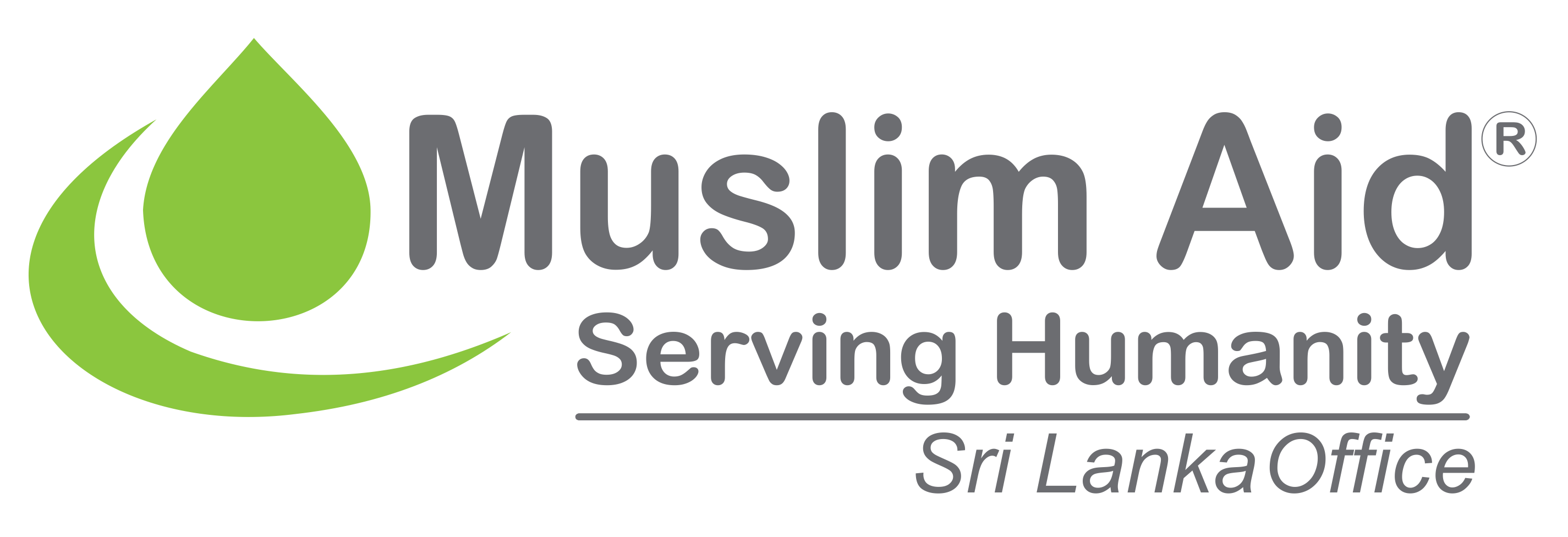“Exercising power and decision-making for a group of people” is called governance. It happens everywhere – from urban centers to rural villages – and the well-being of a community depends on the choices made by people granted this authority. Good governance” is a relatively new term that is often used to describe the desired objective of a nation-state’s political development. The principles of good governance, however, are not new. Good governance is, in short, anti-corruption whereas authority and its institutions are accountable, effective and efficient, participatory, transparent, responsive, consensus-oriented, and equitable.
The World Leaders at the 2005 World Summit concluded that good governance is integral to economic growth, the eradication of poverty and hunger, and sustainable development. The views of all oppressed groups, including women, youth and the poor, must be heard and considered by governing bodies because they will be the ones most negatively affected if good governance is not achieved. For good governance to exist in both theory and practice, citizens must be empowered to participate in meaningful ways in decision-making processes.
Sri-Lanka is certainly an interesting place where the social structure of the society is collapsed and disturbed due to the prolonged war and ethnic clashes. As a result, the civil society lost self-power and there is a huge need for the empowerment of the society. There are few project initiations on “Good Governance “ but they were not succeed due the lack of knowledge on local community, social structure and pattern and also the prominent fact in that the importance of the spirituality is not taken into consideration.
The present context of Sri Lanka expect a huge role from the community itself to rebuild the nation in the context of the multiple ethnic groups which has to understand each other as well as to trust each other to build a peaceful society. However, after decades of displacement the two minority communities Tamils and Muslims and certain level, some of the majority community- Sinhalese from war affected boarder villages have to share the resources and they should get back to their original lands with their rights and dignity.
It was well realized by Muslim Aid Sri Lanka after Beyond Conflict conference held in December 2008 that speedy reconciliation and reconstruction process using spirituality would bring sustainable solution for the affected communities to get their rights equally.
However once the Civil War was ended in 2009, the people who were living in the Northern and Eastern part of the country started to move to their place of origin. Once they started to move there were many ownership issues which led to clashes between different communities. To create a peaceful and conducive environment for the re-settlers in the war affected districts such as: Trincomalee, Batticaloa Mannar and Anuradapura, Muslim Aid Sri Lanka conducted many activities to bring understanding within civil society and the organizations on the issue as well as to have an equal access to the all communities. Most of the people living in particular divisions were undergone prolonged multiple displacement and had been living with adverse condition in the camps.
